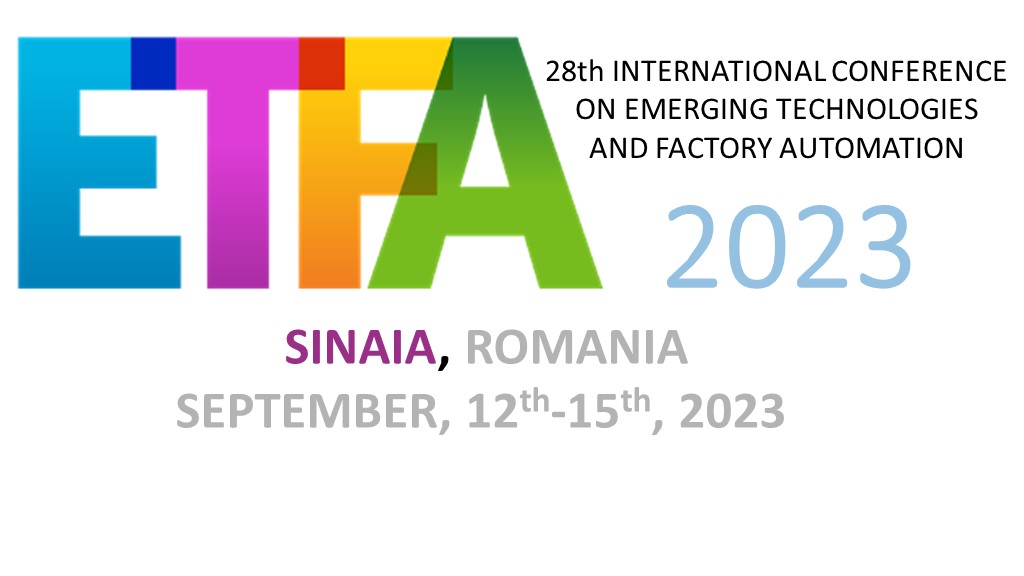Click here
to download the session cfp.
The study and application of Machine Learning (ML) algorithms in the industrial domain have become a popular topic of research during the last years. Several authors have proposed data-based approaches to automate and/or optimize industrial activities such as predictive maintenance, quality assurance, stock/demand prediction, energy consumption, etc. Going a step further, ML has also been explored at industrial control level to conduct data-driven operational strategy and implement data-based controllers. A common denominator of these approaches is the need of a huge amount of data to ensure proper training and avoid overfitting. In the context of control and plant operation strategies, deployment on real environments could fall into the small data regime, i.e., the amount of available data is scarce. Scarce Data is not only limited to the volume of the data, but it could also refer to environments with highly unbalanced data or slow dynamics which prevent extracting the underlying pattern from training data. Besides, data-based controllers deal with temporal sequence and sensor data, which also implies an additional challenge to the application of Machine Learning mechanisms. In other ML domains, several strategies have been proposed to overcome the Scarce Data limitations such as the Transfer Learning of models trained at other (big data) scenarios, the generation of artificial data or the adoption of Reinforcement Learning. More recently, Bayesian approaches have also been recovered, where proper probabilistic modeling and the inclusion of prior knowledge is introduced at learning. The aim of this special issue is to address the problem of ML in Industrial Control and operational strategy when dealing with Scarce Data and propose mechanisms to overcome it.





